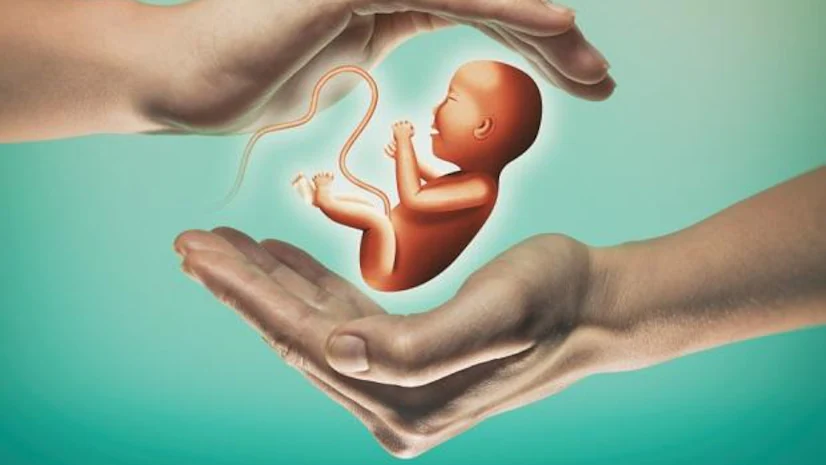In a groundbreaking medical achievement, a 40-year-old woman in Mexico has given birth to the world’s first baby conceived through an AI-powered IVF procedure. This historic milestone marks a major leap in the field of reproductive technology and artificial intelligence, as it is the first time AI has independently carried out the entire ICSI (Intracytoplasmic Sperm Injection) process—a vital component of in-vitro fertilization (IVF)—without any human intervention.

AI Makes History in Reproductive Medicine
The innovation behind this birth centers on an advanced AI system capable of performing all 23 critical steps of the ICSI procedure, including the highly precise selection and injection of sperm into the egg. Traditionally, these steps require the meticulous skill of trained embryologists. However, with AI taking full control, this achievement opens the door to increased accessibility, efficiency, and accuracy in fertility treatments worldwide.
What is ICSI?
ICSI is a specialized form of IVF where a single sperm is injected directly into an egg to facilitate fertilization. It is typically used in cases of severe male infertility or when previous IVF attempts have failed. Until now, this process demanded expert human hands under a microscope—but AI has now changed the game.
How the AI IVF Procedure Works:
- Sperm Selection: The AI uses algorithms to evaluate and select the healthiest sperm based on speed, morphology, and DNA integrity.
- Egg Targeting: The system identifies the optimal location within the egg for injection.
- Injection Execution: A robotic arm, guided entirely by AI, performs the delicate injection with unprecedented precision.
- Embryo Development: The embryo is then monitored using AI to assess growth and viability before implantation.
Successful Birth Marks a New Era
The baby, born healthy and without complications, is being celebrated globally as the first child conceived and born via a fully AI-driven IVF process. Medical experts believe this success could revolutionize fertility treatments by reducing human error, improving success rates, and making assisted reproduction more accessible and affordable.
Potential Impact on Global Fertility Treatments
This AI-driven breakthrough offers significant implications for the future of reproductive healthcare:
- Increased IVF Success Rates: AI can enhance accuracy in sperm selection and embryo viability assessment.
- Reduced Costs: Automation may lower the cost of IVF, making it more accessible to a wider population.
- Standardization: Minimizing the variability of human performance could lead to more consistent results across clinics.
Ethical and Medical Considerations
While the success of this AI-powered birth is groundbreaking, it also raises ethical questions regarding the extent to which artificial intelligence should be involved in human reproduction. Experts stress the importance of maintaining strict oversight, transparency, and ethical standards as this technology evolves.
Conclusion:
The birth of the first AI-IVF baby in Mexico signifies a monumental shift in both reproductive medicine and artificial intelligence. As the technology matures, the fusion of AI with fertility treatments could transform countless lives, offering new hope to families struggling with infertility. With further research and regulatory guidelines, AI-assisted conception may soon become a mainstream medical practice.




